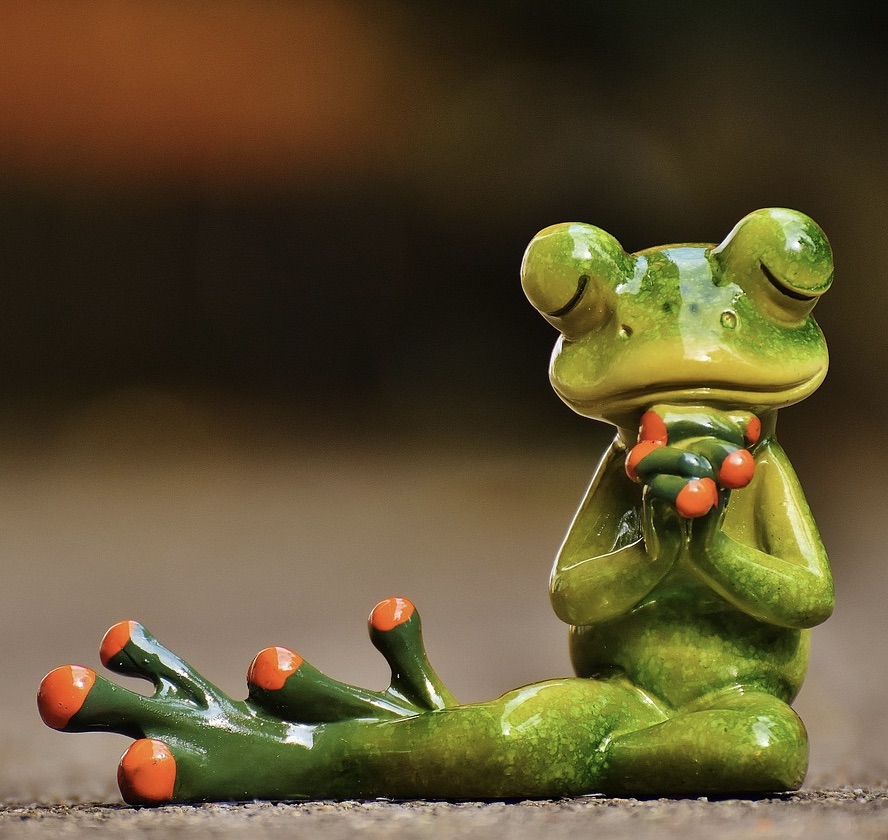for Kyle
We recommend viewing the PDF version of this poem. To do so, click here.
Night with the Pacific—
our clothes wrinkle
resting on a log washed up
in the last storm.
You ask for something
we can say together.
Your words are rattling stones
beneath your feet
and the slapping of water
into you as you move into
the deep water. Your will be done.
I call to you your name—you—
and I dive to see what
you look like
underwater.
Salt stings, sound leaves—rises
to the surface
you—in air pockets you.
Unable to pass through water our voices
leave the world of drifting
ship hulls crab jaws a water ski salted by coral.
______________________________________________________________________________________________________________________________
And Newport—
city lights strung together for miles
white out where the city ends and a new one begins
where the coast ends and inland begins
where night ends and dim begins.
I measure coast by salt-painted houses
I measure a day by how far we wade
We wade to Anchorage
or a stone’s throw,
we wade inland, fifty-four miles—
those urchins are stones.
Those days are porch lights.
The red lines on these rocks mean the property
was underwater once, even though
we are miles from the sea. This is still sea floor,
this is still. Now
in a white light on a dusty road
you can see specks of earth
in the air.
______________________________________________________________________________________________________________________________
—I’ll give you five acres of security
and a penny to put in water. You’ll
get a fence made of driftwood.
You’ll wade in the creek
the one leak I let through.
And the dimes are chattering
in a waistcoat
and the women grow silent
in a convenience store.
–Silence becomes you, you
in white you’ll shine in white—
White like the ocean sometimes
in a storm. Like
______________________________________________________________________________________________________________________________
His Kingdom come
to the surface. Silt-shining
on whale skin.
Now only body
spread out across black pebbles
on shore with people
called here by the smell
that reaches for miles—
the smell that passes through shop windows
and your nose pinched closed.
The children keep
pouring buckets of sea water
on the whale’s skin.
A ritual they remember
from other whales that landed in their world.
The man in yellow shorts—
we watched goose bumps peek out
between folds of hair on his legs
as he watched the whale.
He called the whale dead.
Of his legs in the weather, of the dead skin oranging
the wind peels
the flesh as it would sand
if it had a dune—
______________________________________________________________________________________________________________________________
–And we watch the wind shape the dirt
as it shapes the body now.
And the salt water
tries to fill the spaces between stones
before it turns away again, taking with it
that black as the wet shine
turns stones the color of the sky.
Too easy to pass through flesh—
throwing a stone
makes a hole in the whale’s body.
I should have been stone.
I should have sea legs.
What could make you rise? Is there a song
that could make you
die? Rise
______________________________________________________________________________________________________________________________
–so fast from the deep water
to escape a ship trying to see
with sonar. Rise too fast
the bends
punctuating the whale’s body.
Too fast to survive.
And in the basin—
water appears in the pipes
and fills the bowl,
bowl made to be empty
and made to be full.
Or a lip of a glass bottle,
drunk, named after what we did.
Taken into the body, the liquid becomes me,
those red faces, the stumble. No.
Where’s the door for the skin?
When you waded into me—
night on the Pacific,
did you know the ocean could catch fire?
A sink can catch fire.
We were kids. We kept a dead whale wet.
As a prayer or message
sent from the place it won’t get back to—
______________________________________________________________________________________________________________________________
Pray in your chamber, having shut the door,
I mean pray in your storage room.
Forgiveness in the towel closet.
For the kind of sonar
that pushed a whale here.
For not trespassing.
The ocean doesn’t pick its borders
the way we do. Our lungs sink and expand
when air visits.
Put no ash on the face.
It’s hard to stay underwater.
Always rise like the voice, rise
like the whale. The neighbor,
her work done. She closed the store.
After sixty years in air
her heart stopped in her apartment.
Dirt stripped from earth
by the shovelful. By the shovelful,
we hide her with dirt.
______________________________________________________________________________________________________________________________
Twenty years ago and walking
around one city block
you told me all the oceans would dry up soon.
I imagined still scales
and fish spines caught in wind,
endless beaches
where pebbles grow smaller to sand grow larger to stone
to cliff.
Suppose the seas rise tomorrow—
gone are the cliffs
the driftwood
gone is the whale body gone home.
Back to the deep water submerged
and merged once more the sun
warming the water, the water coloring the sky
the water covering the land
and uncovering
the whale body.
Who was buried in a cliff wall
by Landsmen Construction,
imported dirt for what the stones don’t cover.
Can I make anything without dividing you
from me? Suppose I’m
never old. Suppose the sea was a fountain
spilling on gray hills.
Emptying streetlights—
______________________________________________________________________________________________________________________________
You by the stove. It must be winter.
You filling it with driftwood and matches.
You and I in the tool shed this time
mumbling.
Our clothes in a pile,
this time the lamplight the sea wind passing
through cracks in the wall. I say the word—
you— passes out of my mouth you
and into your ears,
the blue word, the shade of the sea.
And the navy ship called out to see
what hid beneath. The sonar
chased him to the surface.
These sounds we make
to see beneath the water
turn the color of water.
These sounds we make
could call a whale from its world.
Laura Christina Dunn’s poems have appeared or are forthcoming in Fugue, Alligator Juniper, The Bear Deluxe, Camas, Touchstone, Zero Ducats and California Quarterly. She is a graduate of the MFA program at the University of Montana. Originally from Oregon, she lives in New York City.

![Monument for Inger Christensen. Photo by David Stjernholm. Featured image for [o] by Kristi Maxwell.](https://atlengthmag.com/wp-content/uploads/2025/06/Monument-for-Inger-Christensen_Kaare-Golles_002_Photo-by-David-Stjernholm-1280x914-1.jpg)
